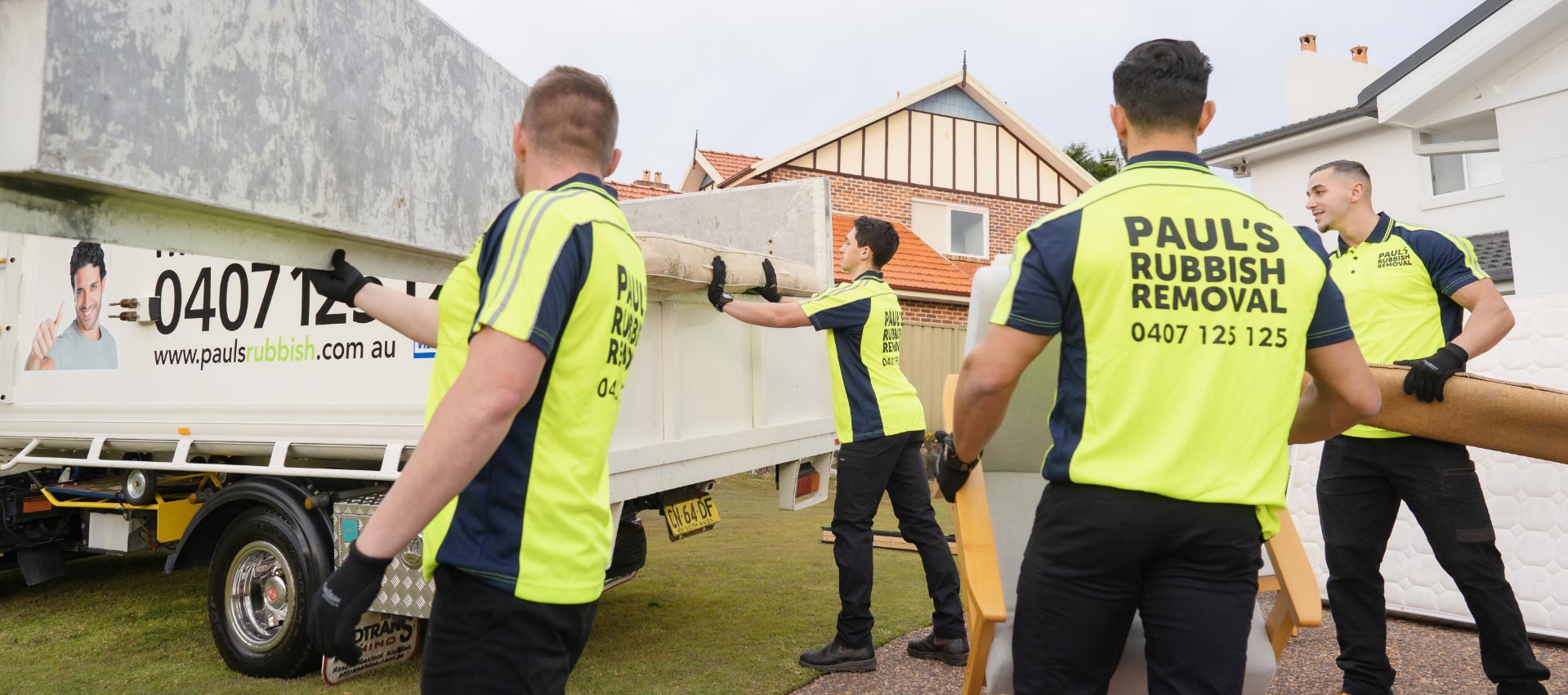How To Dispose of Rubbish Properly
Did you know that the average Australian family produces about 2.25 kilograms of waste daily? Or equivalently, 756 kilograms of waste per year! Now imagine how many families there are in Sydney, now that is a lot of rubbish!
Landfills should be the last option.
Therefore, we must take action on how we dispose of our garbage. Dumping rubbish in a landfill is the easiest way, yet it isn’t the best nor is it environmentally friendly. This will only further contribute to global warming.
Rubbish decomposes at different rates. For example, some natural food waste will only take months, whereas a car tyre can decompose anywhere from 50-80 years. While it is sitting in a landfill, harmful greenhouse gases such as methane are released into the atmosphere, trapping heat and melting our polar ice caps.
It is best practice not to keep much-mixed waste at home. This will create unpleasant odours due to mixing liquid and food waste. It will also attract pests and unwanted creatures to your home and bring diseases and germs.
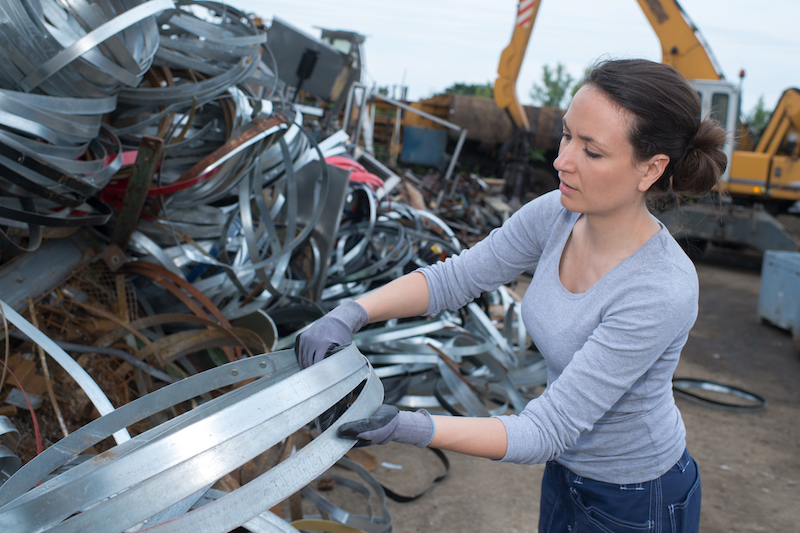
Don’t illegally dump your rubbish
You should never seek to illegally dump your rubbish as there are severe consequences and penalties for such a crime. Similarly, you should avoid burning rubbish as a method of disposal. Not many people know that burning waste is a problem. Apart from the safety issue that arises, incinerating rubbish only adds to climate change, encourages more waste, releases carbon dioxide, is inefficient and expensive.
Sorting and separating rubbish
This can be avoided by properly disposing of your rubbish in the first place. Sorting and separating garbage is key to proper rubbish disposal. We often take it for granted in Australia to bundle our waste into general, garden, and recycled waste. Yet we can do more to help our environment.
It is a good idea to separate our garbage into the material that it is made up of as this will mainly determine whether or not it can be recycled. You should separate them into metal, wood, glass, plastic and general waste. By sorting them into their materials, this will help you efficiently recycle waste. Oversized and hazardous waste should be taken care of separately.
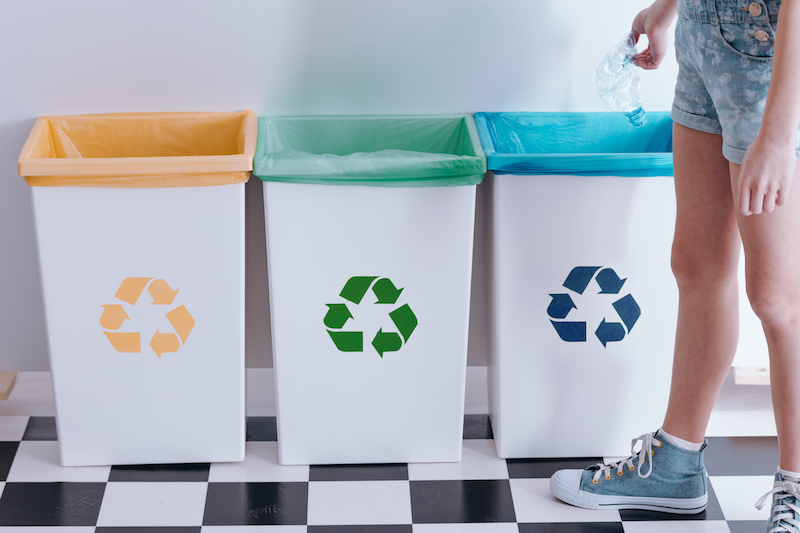
Take care when handling hazardous waste
When dealing with hazardous waste, we must take extreme care and call in professionals if required. Always pay attention to instructions on properly disposing of hazardous waste, and don’t ignore the little signs that say “do not throw in trash”.
This is most common on batteries, electronic waste (e-waste) and aerosol cans. If they are not disposed of properly, i.e. mixing them with general waste or dumping them in public can harm the environment.
Make sure that you dispose of them properly by handing them to the nearest recycling centre or hiring a rubbish pick-up service to collect and dispose of the waste for you. Aldi supermarkets also accept free battery recycling at all Australian stores.
Expired medical pills and tablets can be returned to the nearest medical centre or pharmacy. Ensure that they are properly sealed in a bag or container.
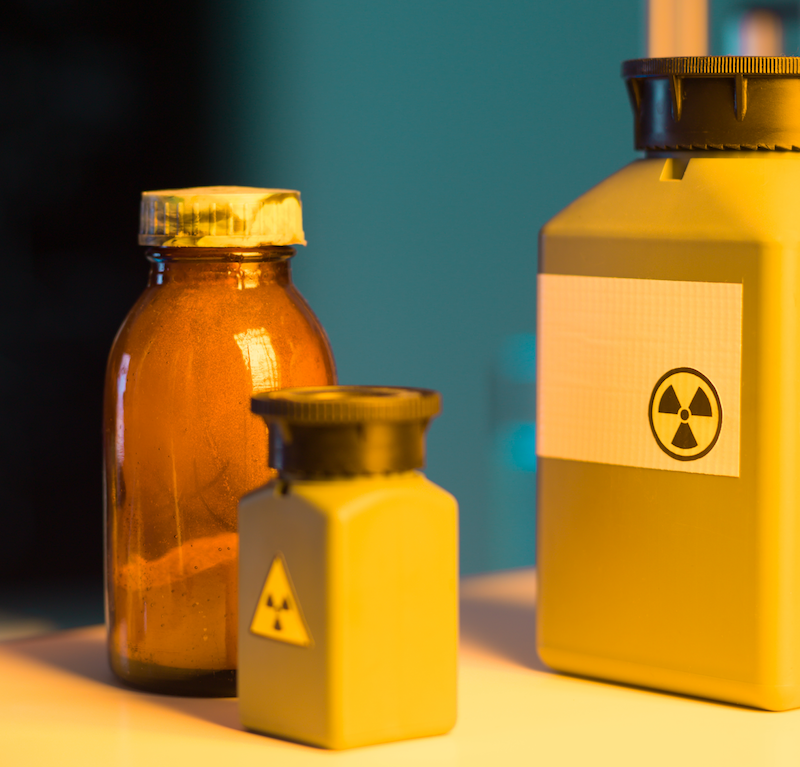
Avoid liquids in your rubbish bin
You should always be mindful and empty out any liquid from cans or drink bottles before throwing it into the bin. There is a good chance that they will spill everywhere during the disposal process and contaminate rubbish that could have been recycled. It only makes the process that much harder, not to mention that it adds a lot of weight to your bin which adds to the burden.
Oil is the most difficult liquid to dispose of properly. They can clog and block your drainage if you attempt to pour it down the sink and can harm the environment if you pour it outside. The best way to dispose of oil is to freeze it in a sealed container and then thrown with the general waste to be collected on rubbish day by your local council.
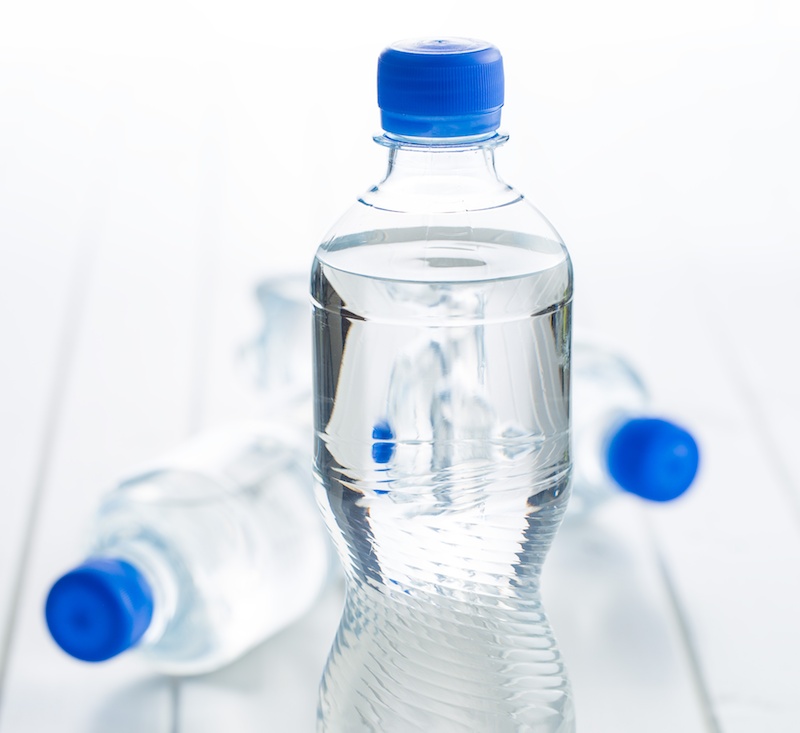
How do you properly dispose of glass?
Whole glasses can be recycled at your nearest recycling centre while broken glasses cannot. It should also be noted that not all glasses are made the same. Some glass forms cannot be recycled whether it is whole or broken:
- Window or windscreen
- Heat-treated glass made for cooking such as Pyrex
- Light globes
- Mirrors
- Laboratory and medical glass
When it comes to whole glass disposal there are some ways that you can do it.
- Give it away to a relative or friend or donate it to a charity. If the glass is in working condition, this is possibly the best option. Not only will it save both parties money but it will also avoid ending up in a landfill.
- You can choose to take it to your local recycling centre yourself. This will take time and preparation to carry out. Careful planning will be required to not damage the glass and cause an accident full of broken glasses.
- Get a waste management to take care of the waste for you. A simple yet effective approach to disposing of your glass. It is an extra bonus if your waste removal service recycles too.
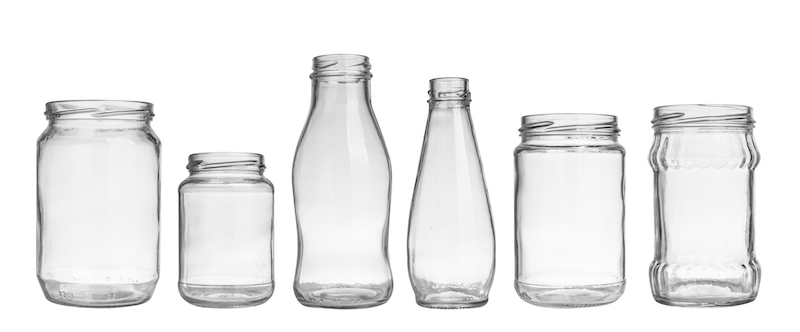
When it comes to broken glass disposal you should carry out the following steps:
- Take proper precautions and always wear safety equipment when handling broken glasses. Work gloves and thick sole shoes should be worn. Ensure that other people, pets and children avoid the area while cleaning/disposing of broken glass.
- For big pieces of glass, you should place them into a large and thick outdoor trash bag to avoid any tears and punctures. It is always a good idea to double bag for extra safety.
- For smaller pieces of glass, you can vacuum it up or sweep it together and placed in the general waste bin. Use a hose attachment that will allow you to keep a safe distance from the broken pieces, which can fly up during the process to cause injuries.
- Make sure you seal the outdoor trash bag and label it to let others know there are broken glass pieces inside for disposal.
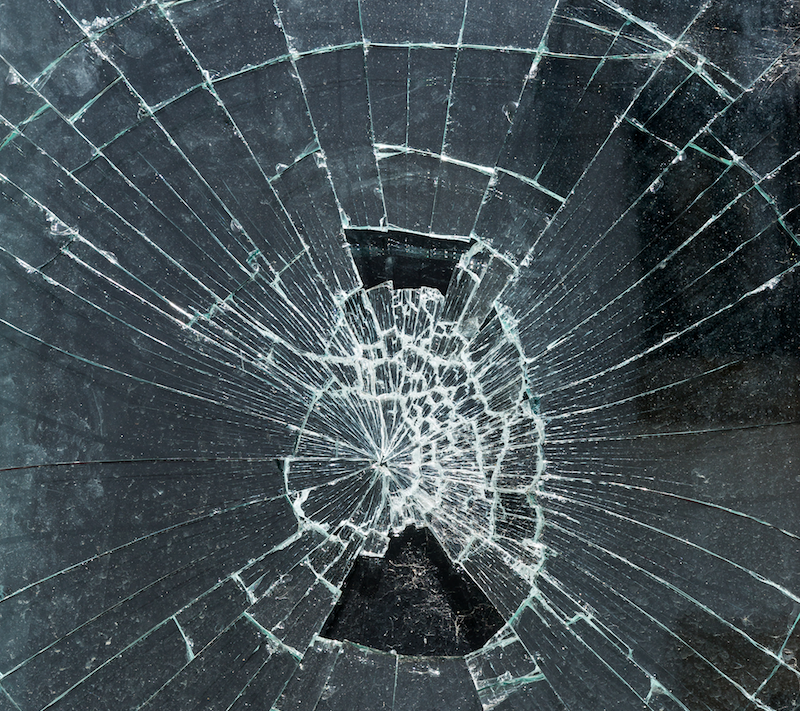
How to dispose of plastic waste?
Plastic waste can often be tricky to dispose of properly because much like glass, not all plastics are made the same. There are many different types of plastic and is often indicated on the product itself by a Resin Identification Code.
There a few ways in which plastic can be disposed of:
- The first way that you can dispose of your plastic waste is by dumping it at a landfill. Although it is not encouraged, landfills are considered wasteful and require a lot of space to be dedicated to rubbish. Furthermore, pollutants can leak from landfills to nearby water streams, disrupting local ecosystems.
- Upcycling is a great way to solve waste management problems. Instead of throwing them away, you are turning them into useful products that can have another use for your household. There are also many benefits of upcycling.
- Incinerating plastic waste is another form of disposal. As we have previously explored, burning plastic waste is inefficient and releases a bunch of dangerous chemicals that can impact you if inhaled and to the atmosphere.
Hire a rubbish removal service to get rid of all plastic types for you. They are the professionals in the business so they know exactly how to dispose of them.
Which plastic waste can be recycled?
The biggest mistake that most household families make when it comes to plastic disposal is mixing soft plastics with recyclable plastic. Soft plastics, or “scrunchable” plastics, include plastic bags or food packaging. Not only are they non-recyclable but they also contaminate the plastic recycling system.
All plastic drinking bottles can be recycled through your yellow recycling bin or at a collection point where you can earn cash in exchange. “Scrunchable” plastic bags such as shopping plastic bags and plastic food packaging can be recycled but not through your household recycling bin.
Other plastic items that cannot be recycled through your household recycling bin include things such as plastic forks, spoons and knives. They cannot be sorted by machines when they reach the recycling centre. Shampoo and detergent bottles can be placed in your recycling bin for disposal after being rinsed and emptied out.
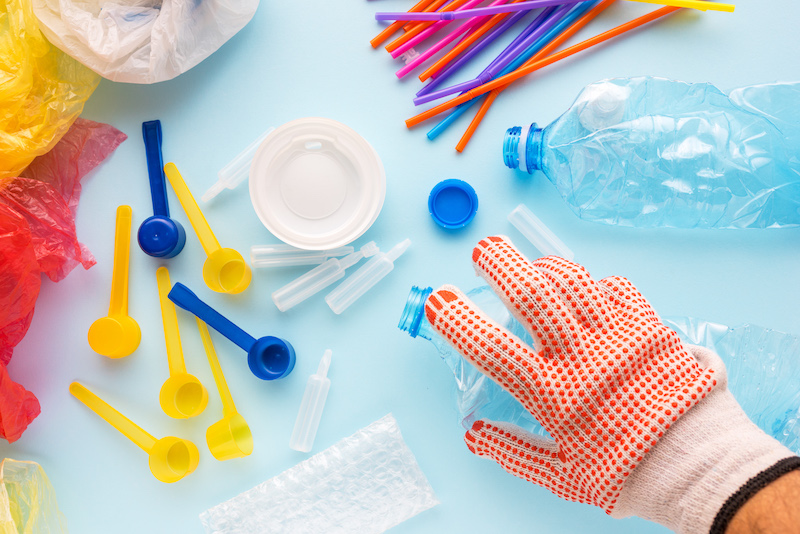
Get a professional to properly dispose of your rubbish
If you are unsure of how to properly dispose of any household rubbish, waste, junk and would like us to get rid of it for you in an environmentally-friendly way, then call Paul’s Rubbish Removal at any time on 0407 125 125.
We have over a decade’s professional industry experience and can handle rubbish disposal. Have peace of mind with Paul’s Rubbish Removal and our recycling program and know that we love the environment!
Get A Same-Day Rubbish Removal Service Today
